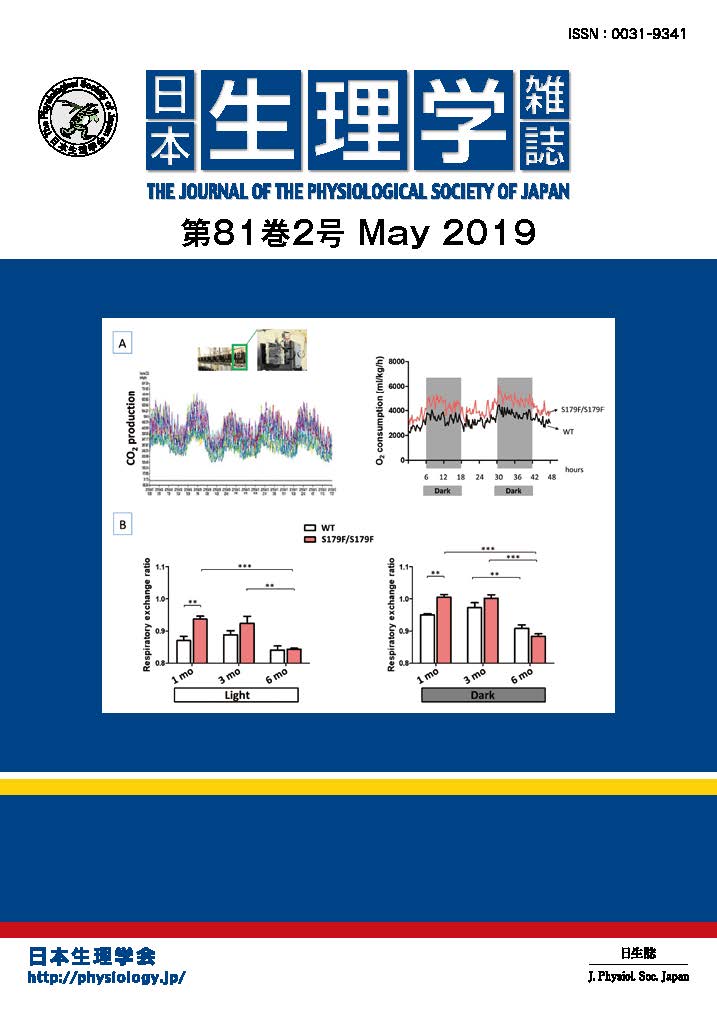Professor Satoshi Kurihara
President
The Physiological Society of Japan
Dear Professor Kurihara,
The lecture on Physiology and Evolution that I gave at the meeting in Suzhou in Chinais now up as a video on
http://www.voicesfromoxford.org/video/physiology-and-the-revolution-in-evolutionary-biology/184
Several societies, including the Chinese CAPS and IUPS itself have put links to it on their websites. Your society is acknowledged in the credits at the end of the video.
The lecture describes a major change occurring in the field of evolutionary biology, and it is a change that could enable physiology to become relevant once again to the big question of ‘the origin of species’.
In fact the change is happening so quickly that even I can’t keep up.
Just since this lecture, which was in November, the following appeared in PNAS in December:
“The available evidence not only suggests an intimate interplay between genetic and epigenetic inheritance, but also that this interplay may involve communication between the soma and the germline. This idea contravenes the so-called Weismann barrier, sometimes referred to as Biology’s Second Law, which is based on flimsy evidence and a desire to distance Darwinian evolution from Lamarckian inheritance at the time of the Modern Evolutionary Synthesis. However, the belief that the soma and germline do not communicate is patently incorrect.”
Mattick, J. S. (2012). “Rocking the foundations of molecular genetics.” Proceedings of the National Academy of Sciences 109: 16400-16401.
It relates to a ground-breaking paper in the journal:
Nelson, V. R., J. D. Heaney, et al. (2012). “Transgenerational epigenetic effects of Apobec1 deficiency on testicular germ cell tumor susceptibility and embryonic viability.” Proceedings of the National Academy of Sciences 109: E2766-E2773.
Best wishes
Denis Noble
President of IUPS
Honorary Member of 日本生理学会






















